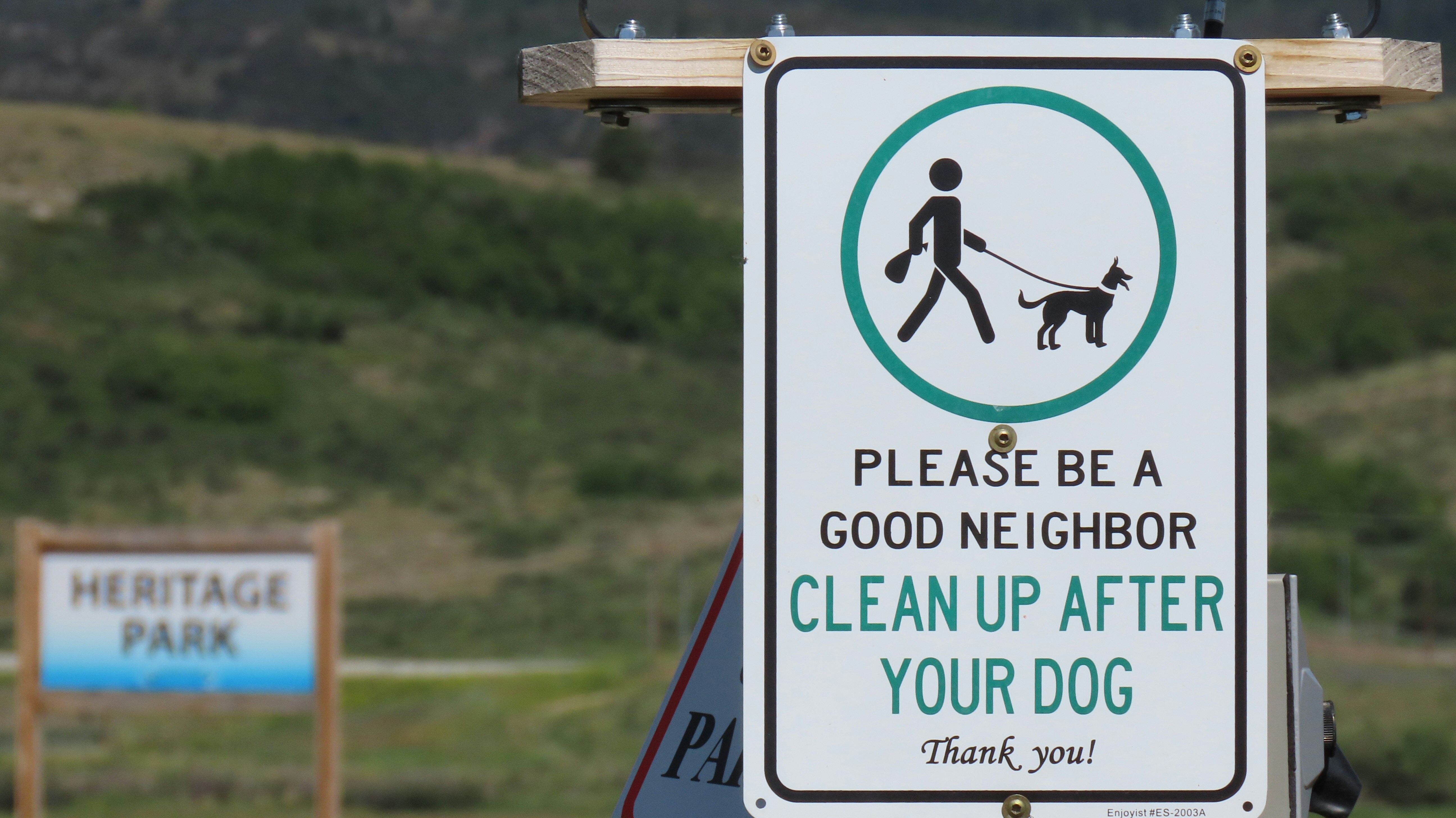
Photo by Todd Morris on Unsplash
The Jersey Shore is more than just a beloved summer destination; it’s a delicate ecosystem that relies on our collective care to thrive. While many of us enjoy the sun, sand, and surf, one often-overlooked issue threatens the very beauty and health of this coastline: dog waste.
When left behind, dog waste doesn’t just fade into the scenery. It becomes an invisible but dangerous contributor to environmental pollution, particularly through stormwater runoff.
This process, which occurs when rainwater flows over impervious surfaces like streets, sidewalks, and parking lots, can carry dog waste into local waterways.
It’s easy to underestimate the harm of leaving behind one pile of dog waste. However, with New Jersey’s large population of dogs, the cumulative effect is significant. Dog waste contains high levels of nutrients, bacteria, and disease-causing microorganisms. When these contaminants reach waterways, they disrupt ecosystems, harm marine life, and can even pose health risks to humans.
Stormwater runoff, often untreated, is the primary vehicle for this pollution. In New Jersey, most towns have storm sewer systems that empty directly into natural bodies of water without filtration, NJ.com reports. This means waste left on the ground can quickly flow into the ocean or bays. It affects not just local beaches but entire aquatic ecosystems.
On July 2 last year, the New Jersey Department of Environmental Protection (NJDEP) issued advisories for five Jersey Shore beaches. The reason was high levels of fecal bacteria, or enterococci, in the water.
These bacteria, commonly found in the intestines and waste of animals, are used as an indicator of potentially dangerous contamination.
The advisories affected several popular beaches:
According to Asbury Park Press, these numbers exceeded the EPA’s threshold of 104 colony-forming units, prompting warnings to swimmers. If subsequent tests confirmed similar results, the beaches would face closures to prevent illnesses such as gastroenteritis, ear infections, and other health issues.
According to the CDC, floodwaters contaminated with animal waste can spread harmful bacteria and diseases. This is a particular concern as climate change increases the frequency and intensity of heavy rainfall events. Record-breaking rains, like those recently seen in New Jersey, exacerbate the problem by overwhelming stormwater systems, leading to higher concentrations of pollutants in runoff.
The effects aren’t confined to coastal areas. Municipalities far from the shore, like South Plainfield, act as basins, collecting water that eventually flows downstream. Waste left in inland towns can end up on Jersey Shore beaches, making this a statewide issue.
To address the issues of pet waste, many owners now rely on residential pet waste removal services. These services operate with a clear and simple purpose: to keep private spaces clean and hygienic.
According to Scoop Soldiers, these companies regularly visit homes to collect pet waste. They ensure yards remain pristine and environmentally safe.
While these services are a step in the right direction, their reach often ends at residential boundaries. Dog owners should extend this same sense of responsibility to public spaces- parks, beaches, and walking trails where they frequently bring their pets. Engaging such services for communal areas or simply adopting their practices on an individual level can magnify the impact.
Imagine a neighborhood where every pet owner contributes to maintaining shared spaces, perhaps even pooling resources to hire pet waste removal for public areas. This kind of communal effort prevents pollution as well as fosters a deeper sense of accountability and stewardship.
The good news? This is a problem with a straightforward fix: always pick up after your dog. If you forget a bag, go back later. Many towns are installing bag dispensers and waste stations, but if yours doesn’t have one, be your own hero and bring extras.
If you’re a local policymaker or just someone who loves the Jersey Shore, consider advocating for better signage and more waste stations. Clear messaging can make a big difference. People are more likely to clean up when they know why it matters.
Uncollected dog waste can introduce harmful bacteria like enterococci into waterways. This bacteria can cause illnesses such as gastroenteritis, ear infections, and throat infections. Young children, the elderly, and immunocompromised individuals are especially at risk.
Communities can install waste bag dispensers and receptacles in public areas, raise awareness through signage, and encourage residents to adopt responsible practices. Collective efforts like hiring pet waste services for shared spaces can also make a big difference.
Climate change, with its increasing instances of heavy rainfall, amplifies stormwater runoff. This means more pet waste and other pollutants are carried into waterways, exacerbating environmental issues. Proactive waste management is essential to mitigate these effects.
The Jersey Shore is one of New Jersey’s greatest treasures, and keeping it clean is a shared responsibility. Picking up after your dog might seem like a small thing. Nonetheless, it’s a simple act of care that ripples outward- keeping our beaches beautiful, our water clean, and our ecosystems thriving.
So, let’s make it a habit. Not just for the environment but for ourselves and our communities. And yes, for the dogs who love sniffing their way through the Shore just as much as we enjoy walking it.
And remember: stepping in it, isn’t fun for anyone. Let’s all do our part to keep those strolls by the sea as pleasant as they should be for humans and dogs alike.